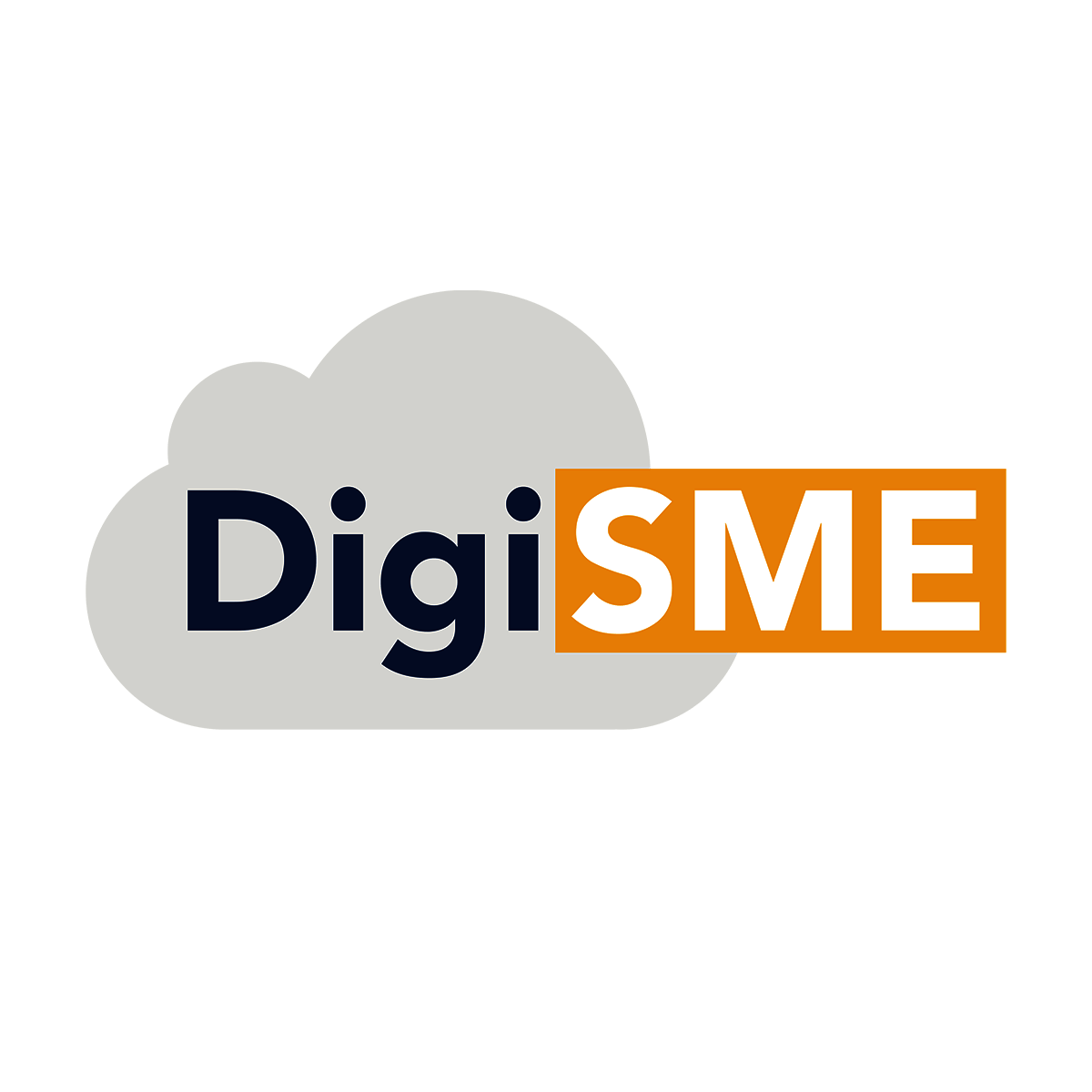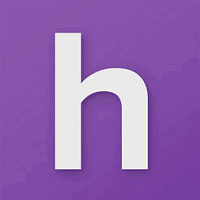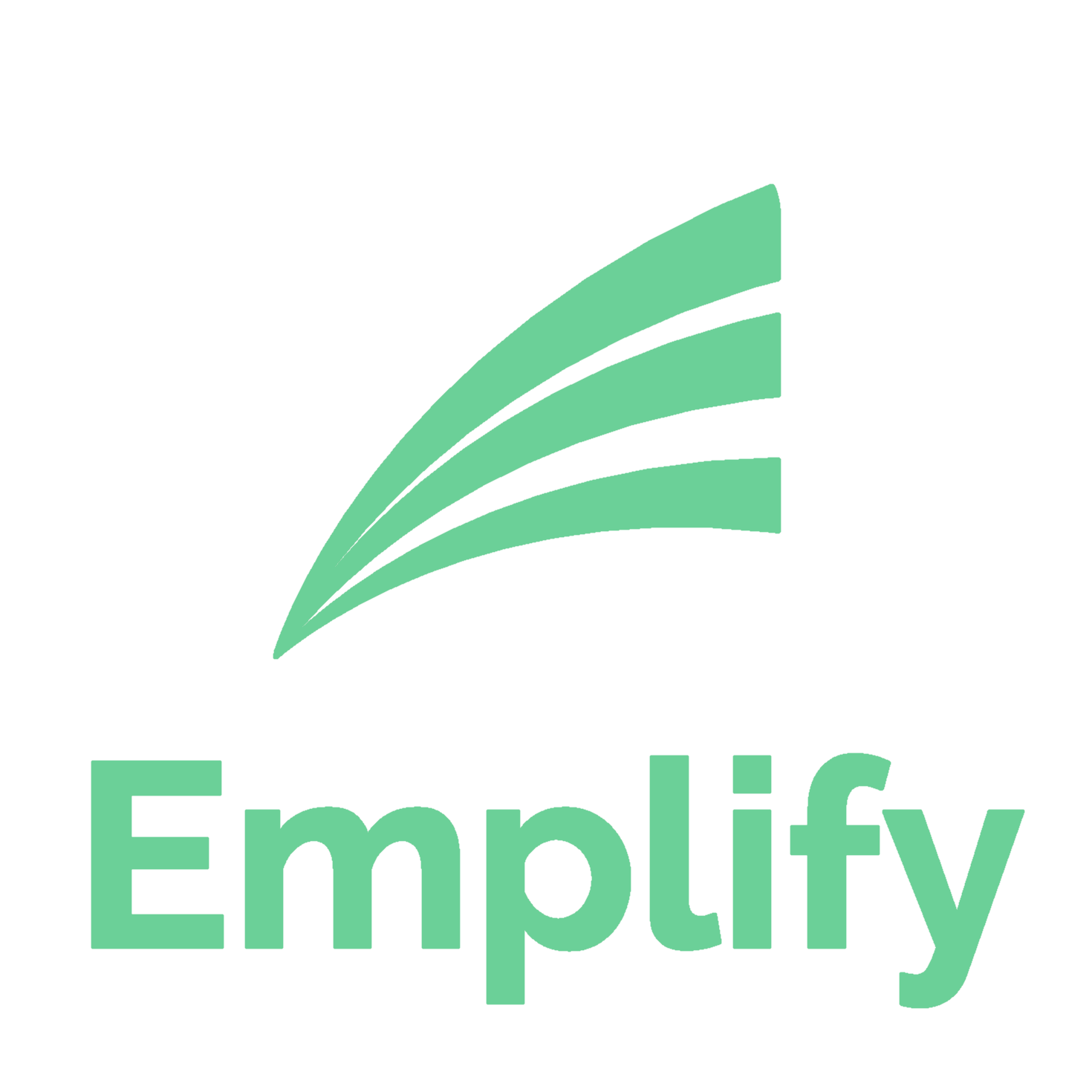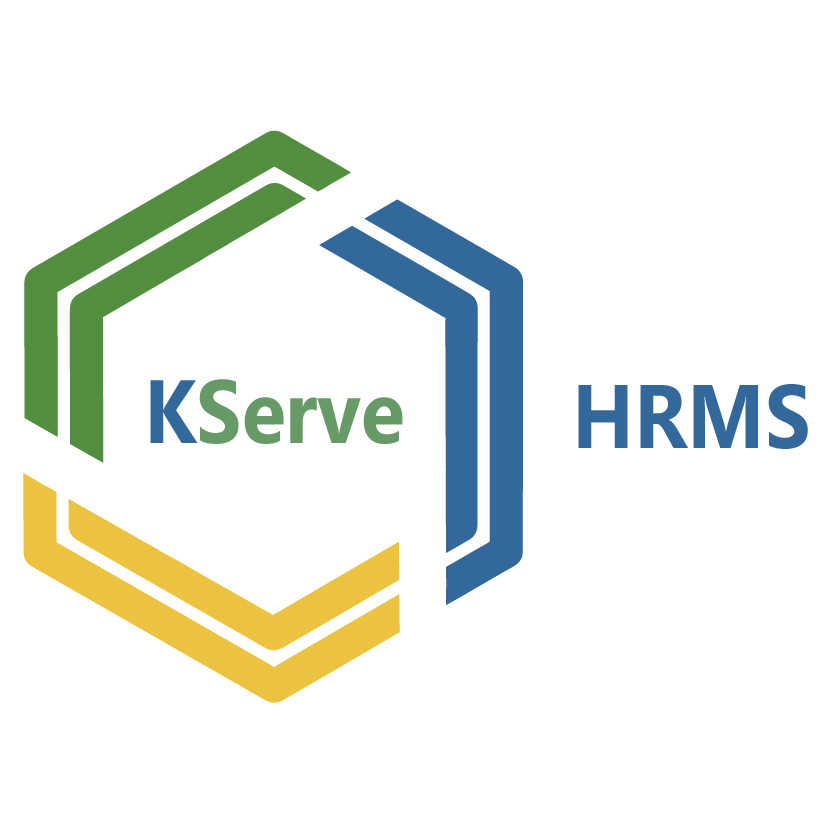Description

DigiSME HR

Homebase
Comprehensive Overview: DigiSME HR vs Homebase
To provide a comprehensive overview of DigiSME HR and Homebase, including their primary functions, target markets, market share, user base, and key differentiating factors, let us delve into each segment individually:
a) Primary Functions and Target Markets
DigiSME HR
Primary Functions: DigiSME HR likely offers a suite of human resources management tools tailored for small and medium-sized enterprises (SMEs). Typical functions might include:
- Employee Onboarding: Streamlining the process of bringing new employees into the company.
- Time and Attendance Tracking: Monitoring employee work hours and attendance.
- Payroll Management: Automating salary calculations and processing payments.
- Performance Management: Tools for evaluating employee performance.
- Compliance and Reporting: Ensuring business operations adhere to labor laws and generating necessary reports.
Target Markets: The target market for DigiSME HR likely comprises SMEs looking for efficient and affordable HR solutions that are scalable as their business grows.
Homebase
Primary Functions: Homebase is known for offering tools primarily aimed at workforce management, often emphasizing ease of use for smaller businesses. Key functions typically include:
- Employee Scheduling: Automated scheduling to optimize labor costs and productivity.
- Time Tracking: Clock-in/clock-out features for managing employee hours.
- Team Communication: Facilitates intra-team communications and announcements.
- Hiring Tools: Assists in the recruitment process by tracking and managing applications.
- Payroll Integration: Basic payroll features or integrations with payroll systems to process payments.
Target Markets: Homebase primarily targets small and medium-sized businesses, particularly those in the retail, restaurant, and services sectors that require flexible and straightforward workforce management solutions.
b) Market Share and User Base
DigiSME HR: Since DigiSME HR is designed for SMEs, its market share would largely depend on the specific industry verticals it targets, and the geographies it operates in. It might have a smaller, niche user base compared to more established players unless it offers significant competitive advantages.
Homebase: Homebase has established itself in the small business segment, especially in industries where shift work is prevalent, like retail and hospitality. Its user base is substantial among smaller companies needing straightforward time management and scheduling solutions.
c) Key Differentiating Factors
DigiSME HR:
- Customization and Scalability: Offers possibly more customization options and scalability suited for growing SMEs.
- Integrated HR Suite: Likely provides a broader range of HR functionalities beyond just scheduling and time tracking.
- Focus on Compliance: Perhaps places a stronger emphasis on ensuring compliance with local labor laws.
Homebase:
- Ease of Use: Known for its user-friendly interface, making it easy for businesses to adopt with little training.
- Specific Industry Focus: Tailored solutions for shift-based industries like retail and hospitality, offering specialized features such as scheduling and shift swapping.
- Cost-Effectiveness: Often provides competitive pricing structures suitable for smaller budgets, with some free features available.
In conclusion, both DigiSME HR and Homebase serve SMEs but cater to slightly different needs and industries. DigiSME HR targets a broader HR management function, potentially appealing to rapidly growing businesses needing a comprehensive HR approach. Homebase, on the other hand, is more focused on workforce management with a strong presence in industries where scheduling is a critical business function.
Contact Info

Year founded :
Not Available
Not Available
Not Available
Not Available
Not Available

Year founded :
1986
Not Available
Not Available
United States
Not Available
Feature Similarity Breakdown: DigiSME HR, Homebase
To provide a feature similarity breakdown for DigiSME HR and Homebase, we need to consider their typical offerings in the HR and workforce management space. These platforms often cater to small and medium-sized enterprises (SMEs) looking for cost-effective solutions to manage their HR processes and workforce scheduling. Below is an analysis based on common features these types of platforms might have.
a) Core Features in Common
-
Employee Management: Both platforms typically offer solutions to manage employee information and records including personal details, job titles, and employment history.
-
Time and Attendance Tracking: They likely provide tools to track employee time, manage shifts, and handle attendance, including clock-in/clock-out features.
-
Payroll Integration: Integration with payroll systems to streamline the compensation process by leveraging recorded work hours for payroll calculations.
-
Scheduling: Tools for creating and managing employee work schedules, with features allowing managers to assign shifts and employees to view their schedules.
-
Communication Tools: Basic communication features for sending messages or notifications about schedules, company news, or updates.
-
Mobile Access: Both platforms likely offer mobile applications or mobile-optimized websites to enable on-the-go access to scheduling and HR features.
b) Comparisons of User Interfaces
While specific details of user interfaces can vary, the general comparison might include:
-
Simplicity and Ease of Use: Homebase often emphasizes a user-friendly interface that's simple and intuitive, making it easy for non-technical users to navigate. DigiSME HR, depending on its design philosophy, may also focus on ease of use but could differ in terms of layout, color schemes, and navigation styles.
-
Design Aesthetics: The visual design of the interface can vary, with one platform possibly opting for a more modern, sleek design and the other a more traditional or functional appearance, though both will aim for clarity and ease of information access.
-
Customization and Flexibility: One platform might offer more options for customization of the dashboard and user settings to better fit specific business needs or preferences.
c) Unique Features
-
Homebase:
- Team Communication: Homebase is known for its emphasis on team communication with features like group messaging and the ability to share updates.
- Hiring and Onboarding Tools: Homebase often includes applicant tracking and onboarding capabilities to help with the recruitment process.
-
DigiSME HR:
- HR Compliance and Legal Tools: DigiSME HR might offer specific features to help ensure compliance with local labor laws and regulations.
- Performance Management: Advanced performance tracking features such as performance reviews or employee feedback tools could be a standout feature.
It’s important to note that the specifics can vary based on software versions, pricing tiers, and the particular needs they aim to address. For the most accurate and current comparison, reviewing product documentation, user reviews, and demos would be recommended.
Features

Not Available

Not Available
Best Fit Use Cases: DigiSME HR, Homebase
DigiSME HR and Homebase are both tools designed to assist businesses with human resource management, but they cater to different needs and types of organizations. Here's a breakdown of where each might be the best fit:
DigiSME HR
a) For what types of businesses or projects is DigiSME HR the best choice?
-
Small to Medium Enterprises (SMEs): DigiSME HR, as the name suggests, is tailored for small to medium-sized enterprises that require a comprehensive HR solution capable of handling core HR functions such as recruitment, employee onboarding, payroll, performance management, and compliance.
-
HR-Driven Projects: Businesses with projects that require structured HR oversight, such as talent management, workforce planning, or learning and development programs, might find DigiSME HR especially useful.
-
Businesses with International or Remote Teams: Companies that have employees spread across different countries or remote settings can benefit from DigiSME HR’s capabilities to manage diverse teams and maintain compliance with various legal standards.
d) How does DigiSME HR cater to different industry verticals or company sizes?
- Industry Versatility: DigiSME HR is scalable and can be customized to meet the specific needs of various industries, such as tech companies, retail, healthcare, and manufacturing.
- Scalability for Growth: It provides growing SMEs with the tools they need to scale their HR processes as they expand, offering functionalities that can adapt as the company increases in size.
Homebase
b) In what scenarios would Homebase be the preferred option?
-
Retail and Hospitality Businesses: Homebase is particularly well-suited for businesses in the retail and hospitality sectors, where managing hourly workers and schedules is crucial.
-
Small Local Businesses: It is ideal for local businesses such as cafes, restaurants, small retail shops, and service providers that require simple scheduling, time-tracking, and labor cost management.
-
Flexible Workforce Management: Businesses that need to manage part-time staff, interns, or seasonal employees would benefit from Homebase’s easy-to-use scheduling and communication tools.
d) How does Homebase cater to different industry verticals or company sizes?
- Focus on Hourly Workforce Management: Homebase is optimized for industries with large hourly workforces, providing features like shift scheduling, time clocks, and labor law compliance.
- Simplicity and Accessibility: Designed for small to medium-sized businesses, Homebase offers an intuitive and user-friendly platform that doesn't require extensive HR expertise to manage, making it accessible for business owners and managers with limited HR resources.
In summary, DigiSME HR is the best fit for SMEs looking for a comprehensive HR management tool, particularly those with complex HR needs across different locations or industries. On the other hand, Homebase excels in managing schedules and labor compliance for small local businesses operating in retail, hospitality, and other sectors with significant hourly workforces.
Pricing

Pricing Not Available

Pricing Not Available
Metrics History
Metrics History
Comparing undefined across companies
Conclusion & Final Verdict: DigiSME HR vs Homebase
To provide a comprehensive conclusion and final verdict on DigiSME HR and Homebase, we will evaluate both products based on value proposition, list their pros and cons, and offer specific recommendations for potential users.
a) Best Overall Value
Considering factors like pricing, features, customer support, user experience, and scalability, Homebase generally offers the best overall value for small to medium-sized enterprises (SMEs) focused on managing hourly workforces, particularly in industries like retail and hospitality. This is because Homebase provides a comprehensive suite of tools suitable for workforce management, including scheduling, time tracking, and team communication, often at competitive pricing or freemium models.
b) Pros and Cons of Each Product
DigiSME HR:
Pros:
- Customizable HR Solutions: Tailored functionalities and workflows fit specific business needs, beneficial for organizations with unique HR requirements.
- Comprehensive HR Management Tools: Offers extensive HR capabilities, including recruitment, employee data management, and performance evaluations.
- Good for Complex HR Needs: Better suited for companies that require more in-depth HR functionalities.
Cons:
- Higher Pricing Tiers: Can become costly, particularly for smaller businesses, depending on the extent of features used.
- Steeper Learning Curve: May require more time to train staff on the platform’s features and integrations.
- Potential Overhead for Simpler Needs: Might offer more complexity than required for businesses just seeking basic scheduling and time tracking.
Homebase:
Pros:
- User-Friendly Interface: Intuitive design makes it easy for both managers and employees to use without extensive training.
- Cost-Effectiveness for Smaller Teams: Offers a free tier with essential features, which is highly advantageous for small businesses.
- Strong Scheduling and Time-Tracking Features: Especially beneficial for businesses that need to handle shift-based work efficiently.
Cons:
- Limited Higher-Level HR Functions: Lacks the depth in traditional HR management features like recruit tracking or detailed employee performance analytics.
- May Not Scale for Larger Enterprises: Not ideal for large organizations with complex HR needs outside of basic workforce management.
c) Specific Recommendations
For users deciding between DigiSME HR and Homebase, the choice largely depends on the specific needs of their business:
-
Choose DigiSME HR if:
- Your business requires comprehensive HR features like recruiting, employee performance management, and customizable HR workflows.
- You have the budget for a more premium HR solution that can scale with additional HR needs over time.
-
Choose Homebase if:
- You primarily need efficient scheduling and time-tracking tools.
- Your business is small to medium-sized, particularly in sectors like retail or food service, and you’re looking for an affordable or free tool for managing hourly employees.
- User experience and ease of onboarding are priorities, and your HR needs are relatively straightforward.
Ultimately, if your main focus is efficient, cost-effective workforce management with an emphasis on scheduling and communication for smaller teams, Homebase is the favorable choice. However, if your business demands a robust and flexible HR management tool for handling a broader range of HR functions, with the budget to match, DigiSME HR may be the better investment.
Add to compare
Add similar companies



